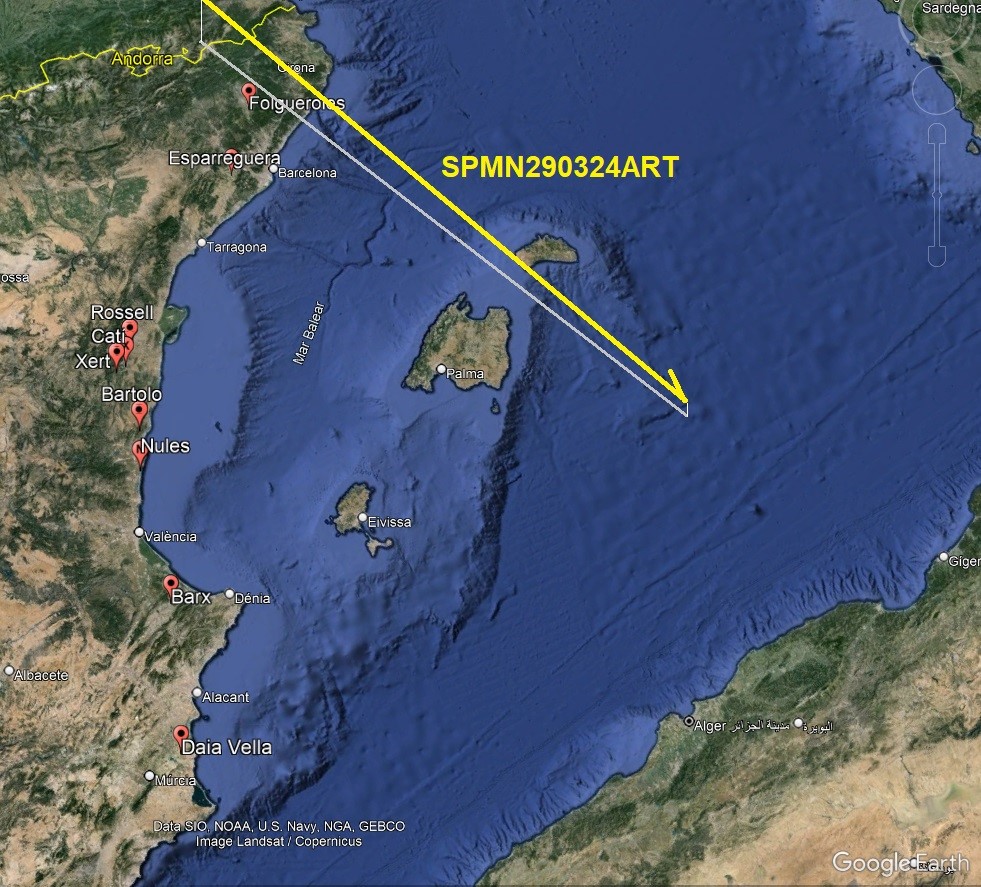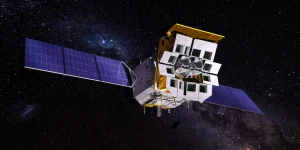Sky Alarm in Spain: Is It a Missile or Satellite?
3rd Apr 2024
Imagine spotting a mysterious object streaking across the sky and wondering if it’s a plane or something more ominous, like a missile. Well, in Spain, it turned out to be neither – it was Elon Musk’s Starlink satellite causing all the commotion.
SpaceX’s Starlink satellites have a bit of a reputation for getting in the way of astronomers’ views of the cosmos. But this time, one of them sparked concerns of a “ballistic missile” scare.
What Actually Happened?
On Saturday, 30 March, at around 10:59 PM UTC, the Spanish Meteor Network (SPMN) shared footage of what they called an “artificial object” entering the atmosphere over the Mediterranean. Cue the speculation. Could it be a missile?
The SPMN wasn’t ruling anything out, and that raised some eyebrows. But a few hours later, the German Air Force swooped in to set the record straight: it was just a Starlink satellite making its way back to Earth.
At first, the Spanish Meteor Network (SPMN) reported that the object flew over eastern Spain and then disappeared into the sea near Valencia, about 220 miles south of Barcelona. They mentioned on social media that they were examining pictures of the “fireball” to figure out where it came from. Scientists, calling it SPMN290324ART, initially thought it came from France.

Afterwards, the German Air Force clarified in German and Spanish that it was a reentry of a Starlink satellite, not some military missile.
Well, considering the heightened tension in Europe due to Russia’s invasion of Ukraine, it’s not surprising that the region is on edge, making the idea of a ballistic missile appearing in the sky seem all the more plausible.
Can Starlink Cause Problems?

SpaceX’s Starlink project has rapidly filled Earth’s orbit with operational satellites, totalling 5,600 as of now. Since its inception in 2019, SpaceX has catapulted around 12,000 of these satellites into orbit, each designed to function for roughly five years. However, while these satellites aim to revolutionise global broadband access, they’ve inadvertently become a thorn in the side of astronomers worldwide.
While satellite reentries like the recent “missile scare” incident in Spain are usually not dangerous, they could become more frequent, drawing attention to the need to minimize interference from satellite constellations like Starlink.






Thank you for your comment! It will be visible on the site after moderation.